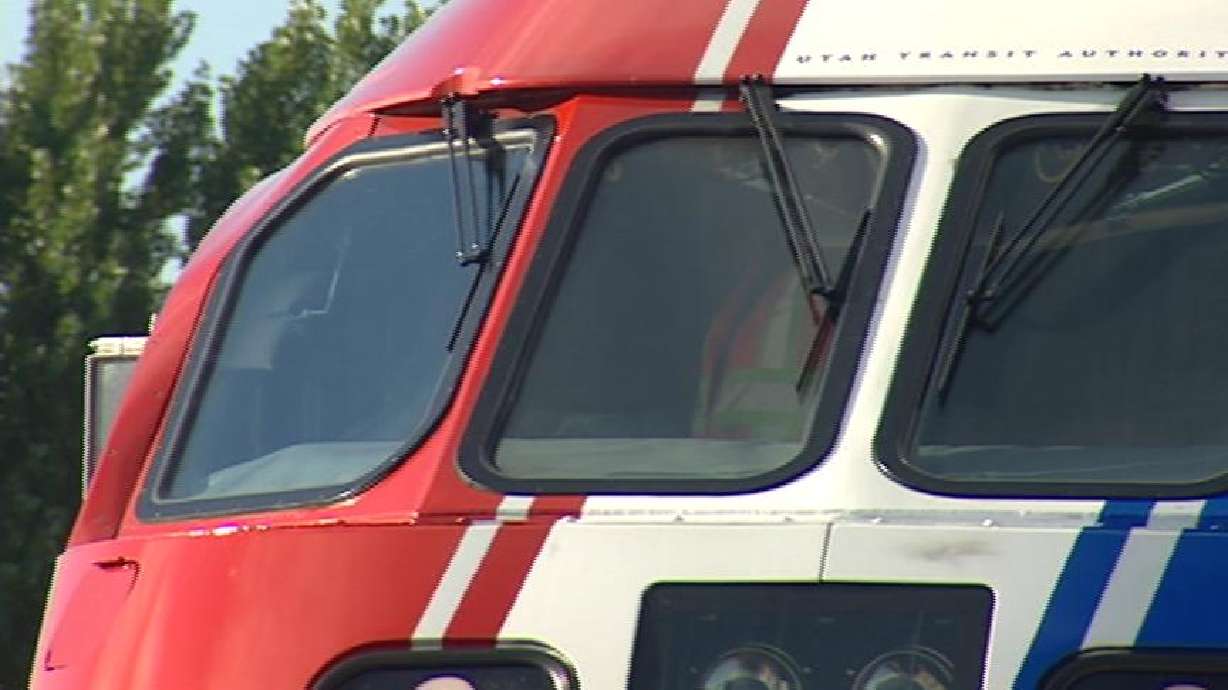Estimated read time: 1-2 minutes
This archived news story is available only for your personal, non-commercial use. Information in the story may be outdated or superseded by additional information. Reading or replaying the story in its archived form does not constitute a republication of the story.
SALT LAKE CITY — The Utah Transit Authority is almost finished building the tracks for the FrontRunner South line. It plans to begin test runs along the lines soon.
The line is scheduled to open Dec. 10, and UTA has six months worth of testing and training to do before the line officially opens.
UTA spokesman Gerry Carpenter said, "Initially, we'll move the first trains down to Utah County starting at the end of May or the first part of June." He added, "We'll start in Provo and gradually work our way north. The trains will be very infrequent. They'll be traveling at very slow speeds."
Carpenter said by July, UTA plans to test the line from the Salt Lake City Intermodal Hub to the south end of Salt Lake County. Between August and December, it plans to test more aggressively.
"That's when we actually emulate a full schedule. So, we'd be running as many trains as we will once we start carrying passengers," he explained.
- Located in a 45-mile stretch of existing Union Pacific Railroad corridor
- Features six stations with the possibility of adding two future stations
- Will allow passengers to travel from Provo to Salt Lake in just under one hour
UTA's goal is to have the entire line qualify as a "quiet zone" designated by the Federal Railroad Administration. In order to do that, strict safety guidelines must be met, otherwise the trains would have to blow their horns at every crossing.
"We put in cement medians to prevent someone from going around the arms. That's a behavior that's always very concerning. When somebody gets impatient, the gates come down and they hurry and try and go around the gates and beat the train," Carpenter explained.
He said the six months of testing is to ensure that safety equipment works and to allow the operators the training they need to get used to the new lines.








